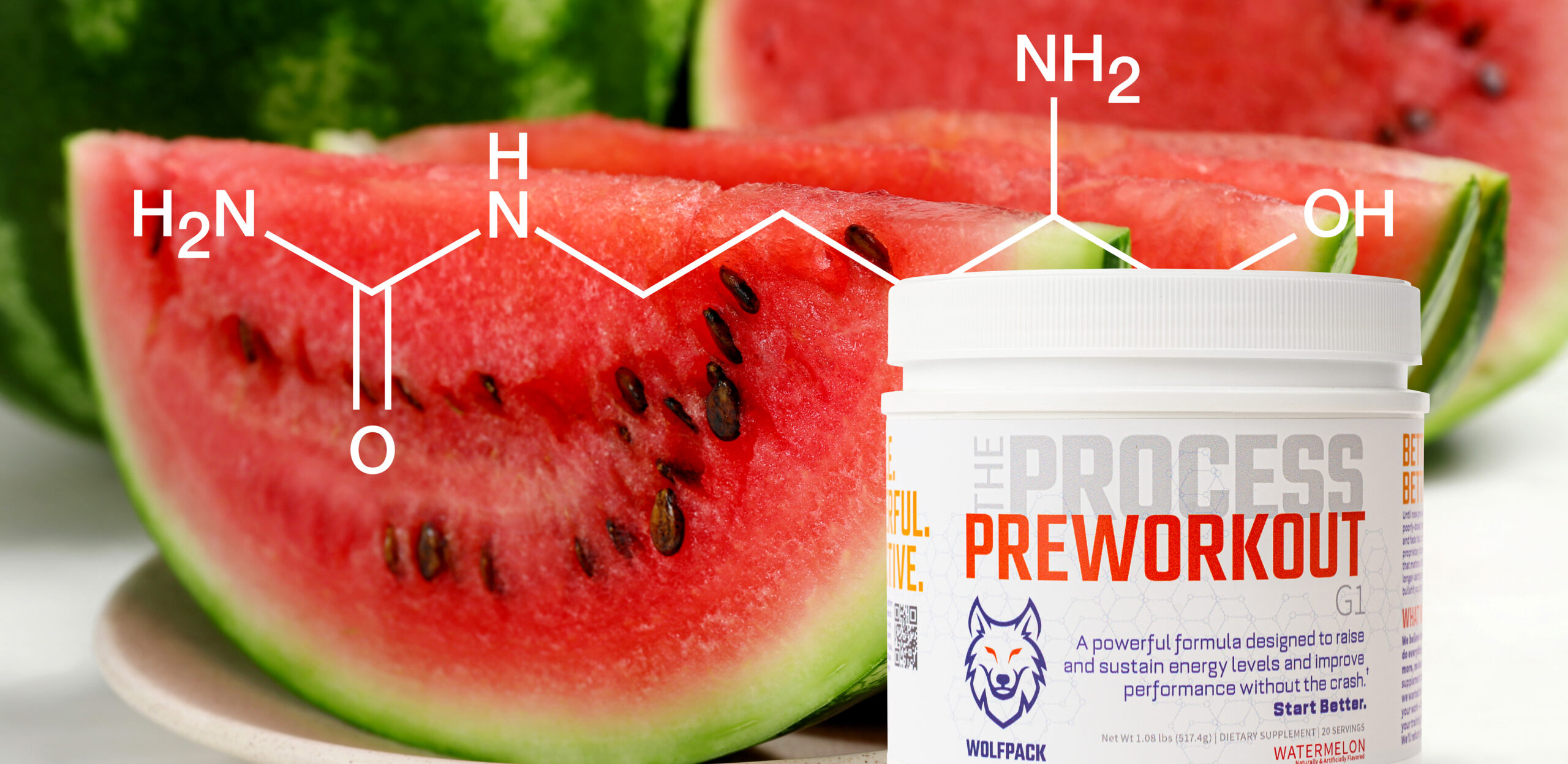
Creatine: The Good, The Bad, and The Glory

Creatine is one of the most popular and widely studied supplements on the market today. It has been shown to have positive effects on performance, strength, and muscle growth. While many people believe that creatine is only beneficial for athletes and bodybuilders, there is evidence that suggests that the supplement can also be beneficial for the general population. This essay will focus on the efficacy of creatine, addressing its potential benefits and potential risks.
Creatine is an amino acid that is found naturally in the body and is primarily used to produce energy. It is found in foods such as red meat and fish, and is also available in supplement form. Creatine is often used by athletes and bodybuilders to help increase strength, power, and muscle growth. It is also used by the general population to help improve energy levels, mental focus, and physical performance.
When it comes to the efficacy of creatine, there is a great deal of research to back up its potential benefits. Studies have found that creatine can increase muscle mass, strength, and power, as well as improve endurance and recovery times. In addition, it has been shown to improve cognitive functions, such as memory and focus. Additionally, it has also been found to have a positive effect on muscle damage and soreness, which can be beneficial for people who are returning to exercise after a period of inactivity.
In terms of safety, creatine is generally considered to be safe for healthy adults. Most of the side effects reported in research studies are minor and temporary, such as nausea, stomach cramps, and bloating. Additionally, there is some evidence that suggests that creatine can help to reduce the risk of injury, as it can help to improve muscle strength and power.
Despite the numerous benefits of creatine, there are also some potential risks and drawbacks that should be considered when considering whether or not to take the supplement. One of the most common concerns is the potential for dehydration, as creatine can draw fluid from other parts of the body, leaving the user feeling dehydrated. Additionally, some people may experience an upset stomach or nausea when taking creatine, and it can also interfere with certain medications. It is important to speak with a doctor before beginning any supplement regimen.
Creatine is a popular and widely studied supplement that has been found to have numerous potential benefits, such as increased muscle mass, strength, and power, improved endurance and recovery times, and improved cognitive functions. While it is generally considered to be safe for healthy adults, there are some potential risks and drawbacks that should be considered. Ultimately, it is up to the individual to decide whether or not the potential benefits of taking creatine outweigh the potential risks.




